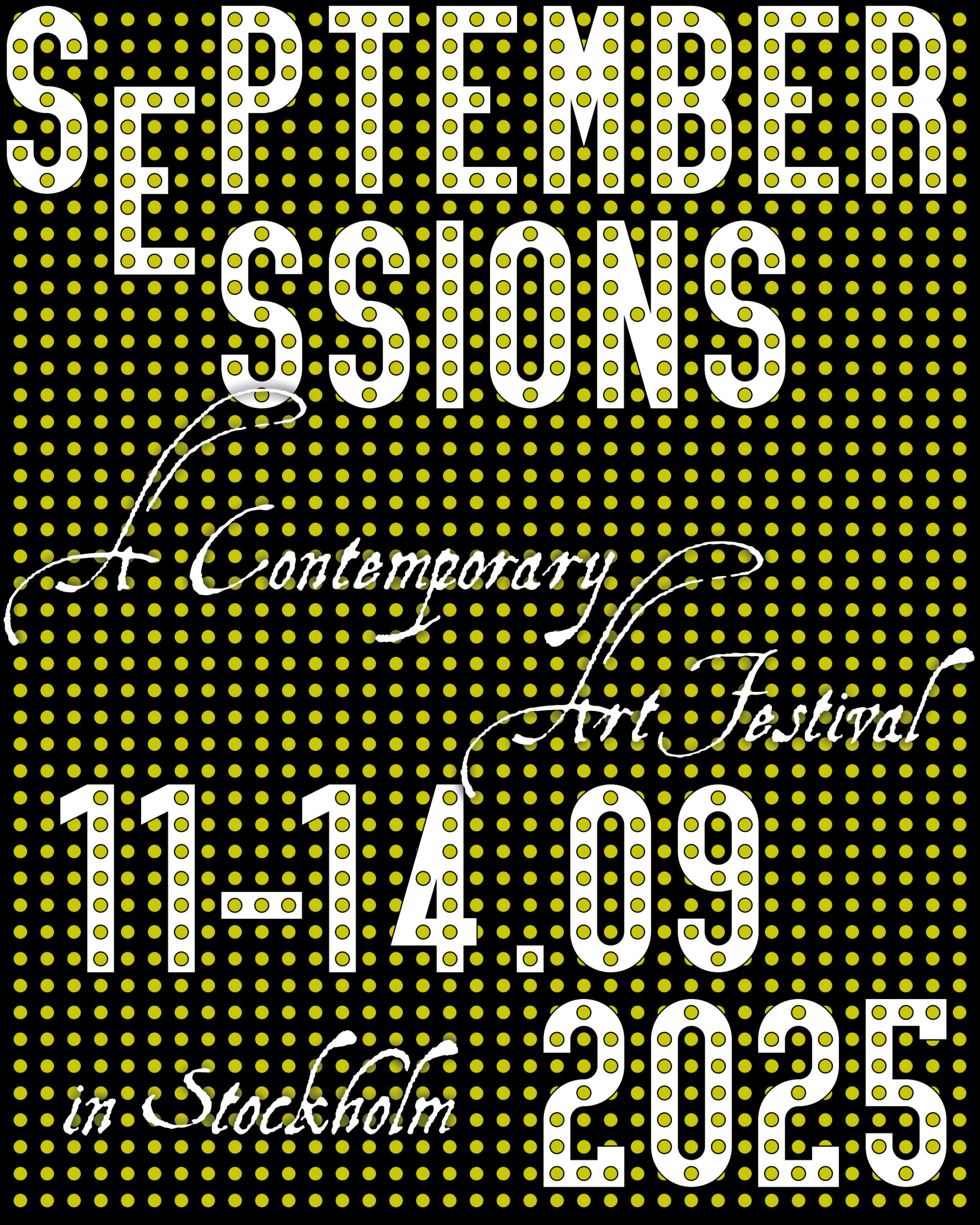During the contemporary art festival September Sessions Lina Selander and Oscar Mangione’s ‘The Eye is the First Cirle’ will be part of the programme Stranger than Fiction at Zita Folkets Bio on the 13th of September 15:00-16:30. Tickets are available through September Sessions’ website. Curator for the programme is Nour Ouayda.
Programme:
Work distributed by Filmform
The Eye is the First Circle
Lina Selander & Oscar Mangione
2024, 00:07:01
About the programme:
Stranger than Fiction: Out of Place, Out of Time, a screening program by Nour Ouayda featuring work by Helena Girón & Samuel M. Delgado, Jorge Jácome, Lina Selander & Oscar Mangione, Riar Rizaldi
Saturday, 13 September 2025, 3pm – 4.30pm Zita Folkets Bio, Birger Jarlsgatan 37 Run time: 73 minutes, with an introduction by Nour Ouayda
As our experiences of reality are shaped by what is considered possible and impossible, familiar and unfamiliar, such boundaries are renegotiated when major disruptions take place: loss, displacement, war, exile, revolutions, natural and biological disasters. These events reshuffle our relationship to territory, to time, to value, and to others. When the frameworks, concepts, and tools we use to define our reality become obsolete, where do we look to find ways to draw the maps of the transformations we are experiencing?
This question is the starting point of Stranger than Fiction, a screening series and research on the ways non-fictional images and sounds produce speculative fiction to relate experiences of time and space that are constantly unsettled by catastrophes and major transformations. Each screening of the program presents a different selection and combination of films that explore this gesture across various times and territories.
Stranger than Fiction: Out of Place, Out of Time is the fifth iteration of this program, focusing on films that navigate spaces marked by various forms of extractivist violence. The program opens with Lina Selander and Oscar Mangione’s The Eye is the First Circle (2023), in which a silent trembling gaze drifts onto details of the Stockholm botanical garden, reshaping a rigid conservatory of living plants into an intimate and sensory place, intrinsically linking together acts of seeing, recording, and transformation. In A Hundred-Headed Dragon (2025) by Helena Girón and Samuel M. Delgado, we enter mythical space where subsonic communication between banana trees becomes audible to reveal layers of exploitation imposed by colonial economies in the Canary Islands. We then move into Jorge Jácome’s Flores (2017), where the intoxicating strangeness of a hydrangea flower invasion in the Azores archipelago becomes the post-apocalyptic setting to histories of mass displacement and dispossession. Finally, in Tellurian Drama (2020), Riar Rizaldi transforms the ruins of a radio station in West Java built by the Dutch East Indies government into the site of a weird fiction that conjures the ghosts of the exploited workers and the indigenous ancestral powers they hold.


